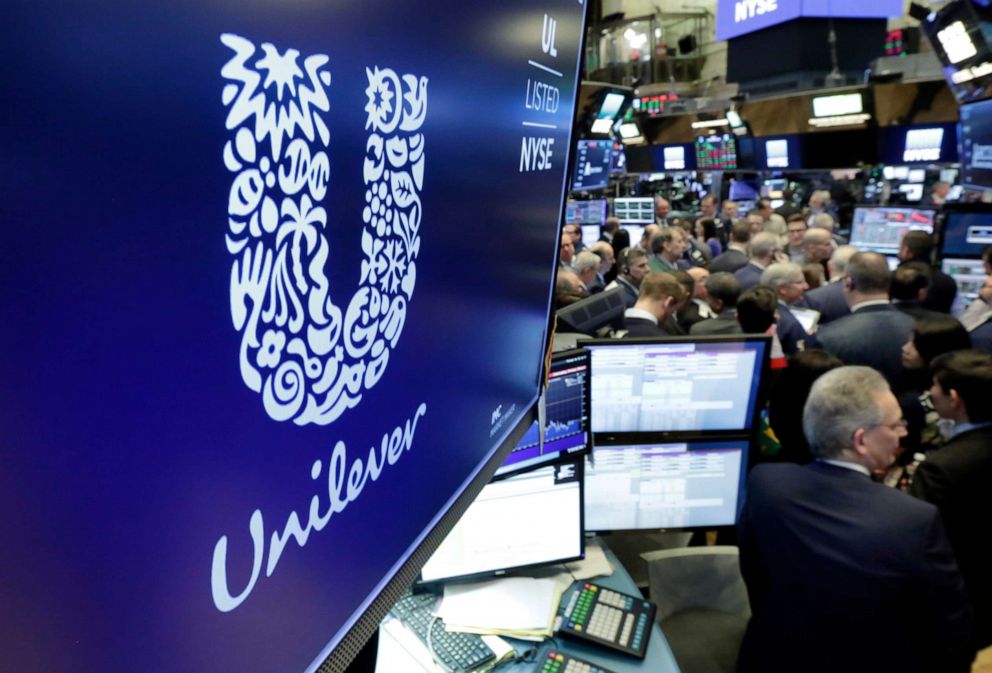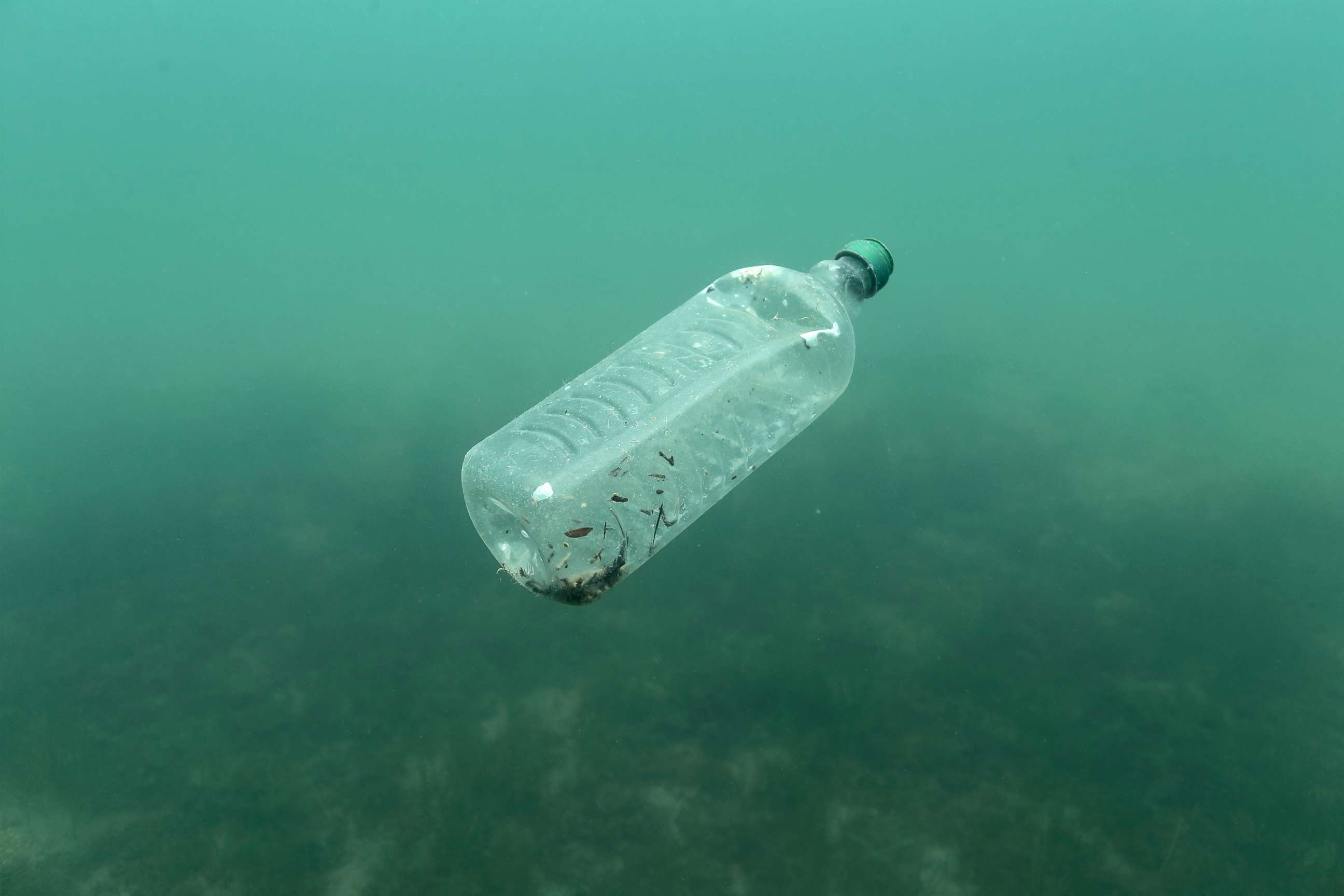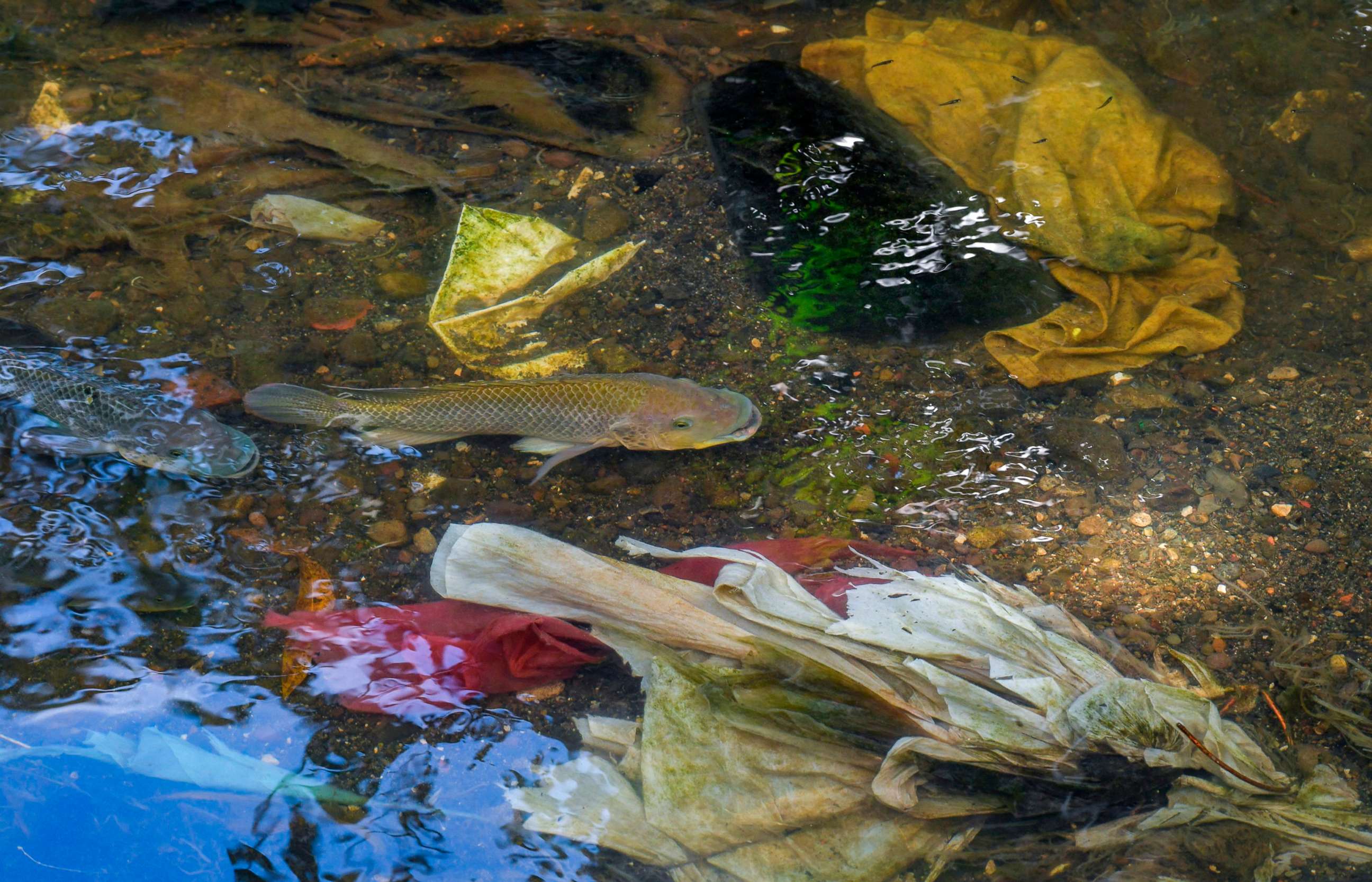Unilever commits to major plastic reduction by 2025
The global consumer goods company plans to cut its use of plastic in half.
Unilever announced a new initiative to reduce thousands of tons of plastic waste and invest in new reusable and recycled materials over the next six years.
The company behind an array of consumer goods from foods to personal care, confirmed in a press release that "by 2025 it will cut its use of virgin plastic in half, by reducing its absolute use of plastic packaging by more than 100,000 tons and accelerating its use of recycled plastic."

"Plastic has its place, but that place is not in the environment. We can only eliminate plastic waste by acting fast and taking radical action at all points in the plastic cycle," Unilever CEO, Alan Jope, said.
The brand's pledge makes it the first major global consumer goods company to commit to an absolute plastics reduction across its portfolio.
Additionally, the company said it will collect back and process more plastic than it sells -- nearly 600,000 tons annually -- through investments and partnerships to improve waste management infrastructure.
"Unilever is already on track to achieve its existing commitments to ensure all of its plastic packaging is reusable, recyclable or compostable by 2025, and to use at least 25% recycled plastic in its packaging, also by 2025," the company said.

Today the UK-Netherlands-based company's plastic packaging footprint is around 700,000 tons.
Jope also said the company's goal "demands a fundamental rethink in our approach to our packaging and products."
Unilever will introduce new, innovative packaging materials and "scale up new business models, like re-use and re-fill formats, at an unprecedented speed and intensity."
With its new commitment, Unilever has become the first major global consumer goods company to commit to an absolute plastics reduction across its portfolio.

"This is a daunting but exciting task which will help drive global demand for recycled plastic," Jope said.
Unilever has worked with partners like the United Nations Development Program over the last five years to separate, collect and recycle packaging in India.
The company has previously committed to other sustainability efforts including powering its factories, offices, R&D facilities, data centers, warehouses and distribution centers with 100% renewable grid energy.
Unilever is the parent company of Dove, Axe, Vaseline, Lipton, Hellmann's, Ben & Jerry's and more.




